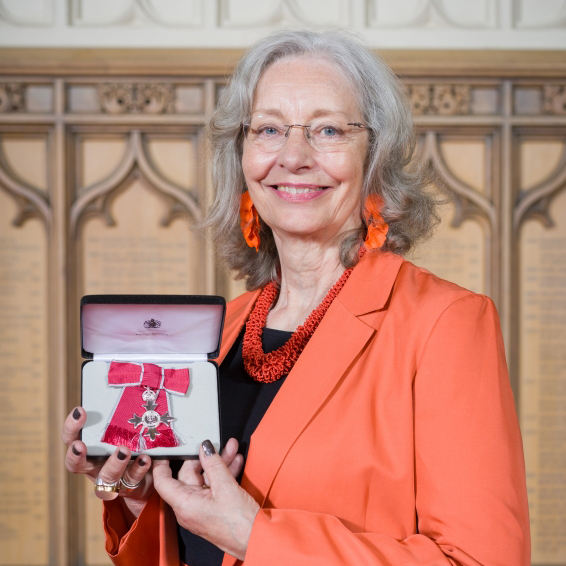If you are engaged with the Montessori approach, you are probably already aware of the importance of the first six years of a child’s life and the sheer magnitude of brain development that takes place at this time.
We tend to take it for granted that children find it easiest to learn skills such as walking and talking in their early years, but we don’t always think about what they are learning when it comes to emotions. Yet, emotions are a hugely significant part of our life experience, and learning to handle and communicate about our feelings can be one of the most important life skills we ever learn.
Self-regulation, or the ability to manage our feelings in constructive and healthy ways, is associated with many positive outcomes throughout school and adult life. Children who are able to self-regulate are more likely to achieve academically and have positive social interactions. They are less likely to internalise their problems, show aggression, exhibit signs of depression, smoke or use alcohol and drugs. The effects even continue into adulthood, with children able to self-regulate being less likely to be unemployed, engage in criminal activity, smoke, take drugs, and even experience symptoms of physical illness.








